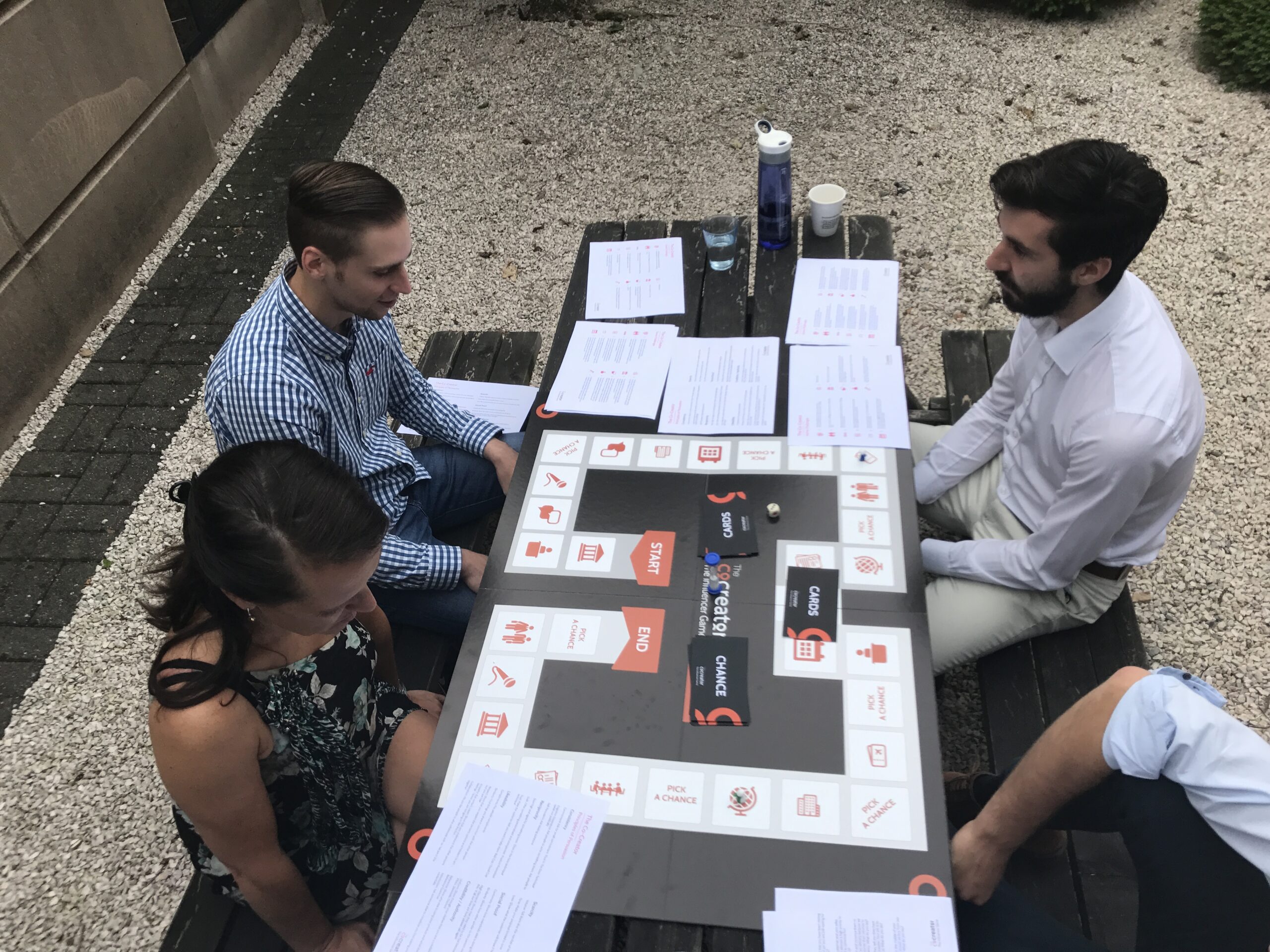What is it?
Mindspace is a behaviour change framework that stands for Messenger, Incentives, Norms, Defaults, Salience, Priming, Affect, Commitments, and Ego. These elements are psychological triggers that can influence people’s actions and decisions, often without them being consciously aware of them. This framework was developed by the UK government’s Behavioural Insights Team, often referred to as the “Nudge Unit.”
Useful for:
Mindspace is used for:
-
- Policy Making: To design public policies that encourage desired behaviours in society.
-
- Sales and Marketing: To create campaigns that effectively influence customer behaviour.
-
- Organisational Change: To implement changes in workplace behaviour and culture.
-
- Personal Development: To understand and modify personal habits and behaviours.
Application:
Mindspace can be applied in various scenarios, such as:
-
- When Changing Public Behaviours: Like encouraging recycling or healthy living.
-
- In Marketing Campaigns: To influence customer choices and brand loyalty.
-
- In Organizational Management: For enhancing employee engagement and productivity.
-
- In Personal Life: To understand and change one’s own or others’ behaviours.
Acronym:
Messenger: We are heavily influenced by who communicates information. Consider who is the messenger in your communication strategy. What is their credibility?
Incentives: Our responses are shaped by incentives, including fear of loss and the desire for gain. Use incentives to motivate the desired action.
Norms: We are strongly influenced by what others do. Highlighting social norms can guide behaviour.
Defaults: We tend to go with the flow of pre-set options. Set defaults that encourage the desired behaviour.
Salience: Our attention is drawn to what is novel and seems relevant to us. Make your message stand out and appear pertinent to your audience.
Priming: Our actions are often influenced by subconscious cues. Use subtle cues to prime desired responses.
Affect: Emotional associations can powerfully shape our actions. Create an emotional connection with your message.
Commitments: We seek to be consistent with our public promises and reciprocate acts. Encourage commitments that align with the behaviour change.
Ego: We act in ways that make us feel better about ourselves. Appeal to the positive aspects of someone’s self-image.
Sources
- P. Dolan, M. Hallsworth et all, 2015, MINDSPACE: Influencing behaviour through public policy, Behavioural Insights Team
- J Dunstone, 2019, The MINDSPACE Framework of behaviour change, SquareHoles.com
- MINDSPACE Framework, TheDecisionLab.com
Tool


